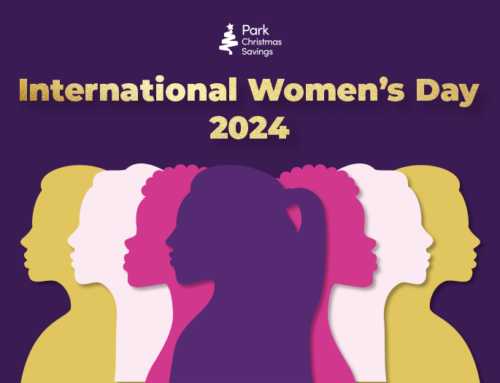The elusive metabolism boost
Boosting the metabolism is the holy grail of weight watchers everywhere, but how fast your body burns calories depends on several factors. Some people inherit a speedy metabolism. Men tend to burn more calories than women, even while resting. For most people, metabolism slows steadily after the age of 40. Although you can’t control your age or genetics, there are other ways to get a boost.
Read on for 10 ways to rev up:
1. Build muscle
Our body constantly burns calories, even when we’re doing nothing. This resting metabolic rate is much higher in people with more muscle. Every pound of muscle uses about six calories a day just to sustain itself, while each pound of fat burns only two calories daily. That small difference can add up over time. In addition, after a bout of resistance training, muscles are activated all over your body, increasing your average resting metabolic rate.
2. Shift your workout up a notch
Aerobic exercise may not build big muscles, but it can rev up your metabolism in the hours after a workout. The key is to push yourself as best you can. High-intensity exercise delivers a bigger, longer increase in resting metabolic rate than low or moderate intensity workouts. To get the benefits, try a more intense class at the gym or include short bursts of jogging during your regular walk.
3. Drink more water
The body needs water to process calories. If you are even mildly dehydrated, your metabolism may slow down. In one study, adults who drank eight or more glasses of water a day burned more calories than those who drank four. To stay hydrated, drink a glass of water or other unsweetened beverage before every meal and snack. In addition, try munching on fresh fruits and vegetables, which are full of fluid, rather than crisps.
4. Have your drinks on the rocks
Ice-cold beverages prompt the body to burn more calories during digestion. Research suggests five or six glasses of water on the rocks can use up an extra 10 calories a day. That might not sound like much, but it adds up to nearly half a kilo or one pound of weight loss per year – without dieting. You can get the same benefit by drinking iced tea or coffee, as long as you forego the milk and sugar.
5. Eat more often

Eating more really can help you lose weight – eating more often, that is. When you eat large meals with many hours in between, you train your metabolism to slow down. Having a small meal or snack every three to four hours keeps your metabolism cranking, so you burn more calories over the course of a day. Several studies have also shown that people who snack regularly eat less at meal times.
6. Eat more protein
The body burns up many more calories digesting protein than it uses to digest fat or carbohydrates. Although you should eat a balanced diet, replacing some carbs with lean, protein-rich foods can jump-start the metabolism at mealtimes. Healthy sources of protein include lean beef and pork, fish, white meat chicken, tofu, nuts, beans, eggs and low-fat dairy products.

7. Spice up your meals
Spicy foods contain chemical compounds that kick the metabolism into high gear. Eating a tablespoon of chopped red or green chilli pepper can boost your metabolic rate. The effect is only likely to be temporary, lasting about half an hour, but if you eat spicy foods often, the benefits may add up. For a quick boost, spice up pasta dishes, chilli and stews with red-pepper flakes.
8. Drink green tea
Drinking green tea or oolong tea offers the combined benefits of caffeine and catechins, substances shown to rev up the metabolism for a couple hours. Research suggests drinking two to four cups of either tea may push the body to burn extra calories each day.

9. Drink black coffee
If you’re a coffee drinker, you probably enjoy the increased energy and concentration that follows your morning ritual. Taken in moderation, one of coffee’s benefits may be a short-term increase in your metabolic rate.
10. Avoid crash diets
Crash diets – those involving eating fewer than 1,000 calories a day – are disastrous for anyone hoping to speed up their metabolism. Although these diets may help you lose weight (at the possible expense of good nutrition), a high percentage of the loss comes from muscle. The lower your muscle mass, the slower your metabolism. The final result is a body that burns far fewer calories (and gains weight faster) than the one you had before the diet.
Best bets
The impact of different foods and drinks on the metabolism is small compared to what you need for sustained weight loss. Your best bet for creating a mean calorie-burning machine is to build muscle and stay active. The more you move during the day, the more calories you burn. And remember: working out in the morning has the benefit of revving up your metabolism for hours.
Source: www.webmd.boots.com







